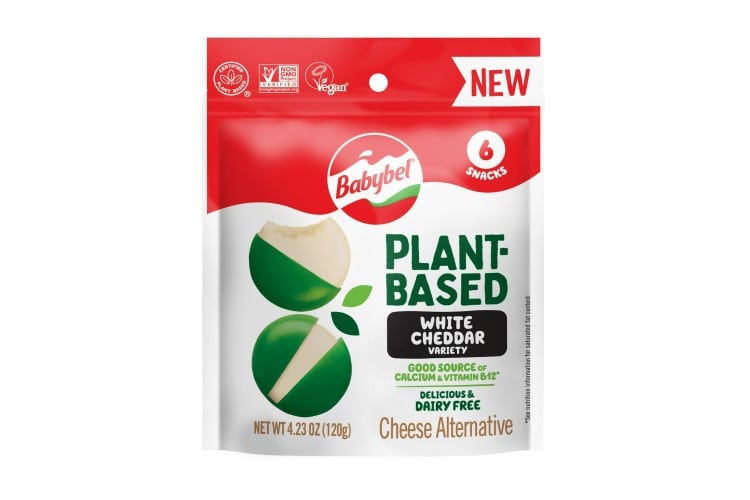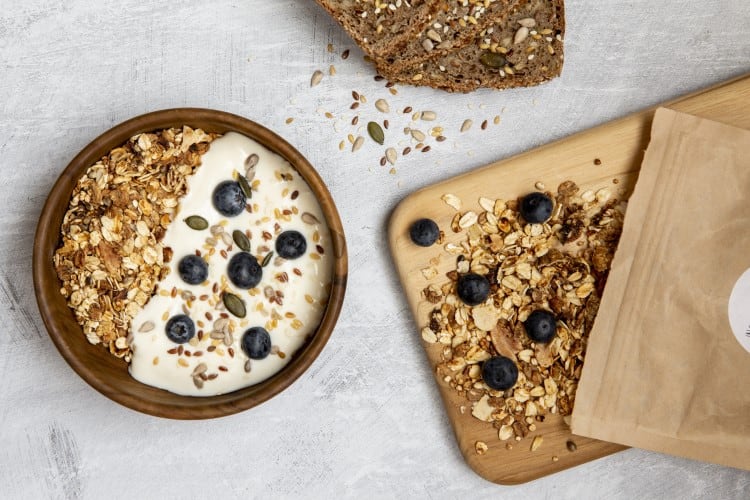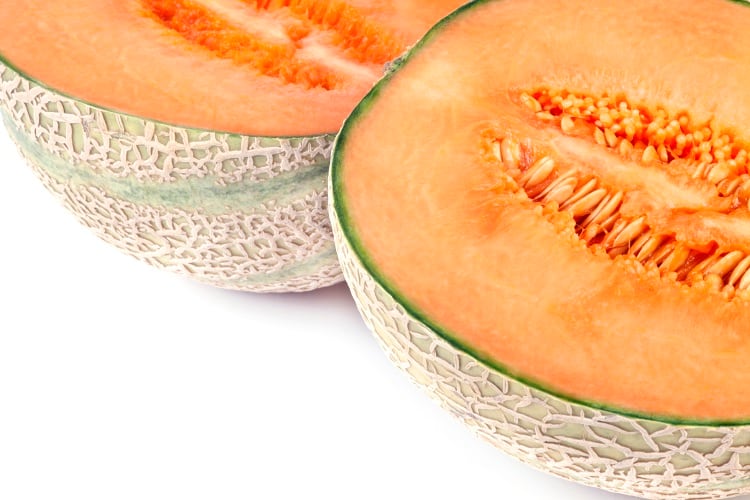Parma, in the northern region of Emilia-Romagna in Italy, is famous for its cheese production. Approximately 160,000 tons of Parmigiano Reggiano is produced here annually.
But cow’s milk cheese is not the only product from the region bound for refrigerated aisles. After almost two years of R&D, Parma-based Dreamfarm is launching its first line of plant-based cheese alternatives.
Proprietary tech developed
The start-up is kicking off production with vegan alternatives to two iconic cheeses: mozzarella and spreadable cheese. Both offerings are based on almond paste.
The mozzarella alternative leverages a proprietary, patent pending process method capable of developing this type of product in a liquid form ‘for the first time’.
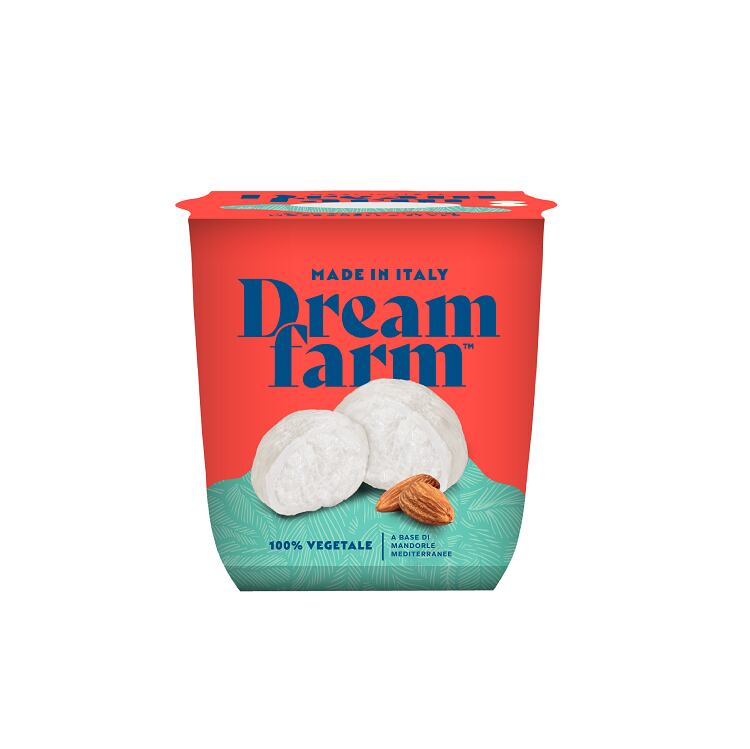
According to the start-up, the aim is to ‘revolutionise’ the plant-based cheese segment with a limited number of ingredients, ‘excellent’ nutritional characteristics, and sustainable packaging.
The current market of plant-based cheese offerings is ‘limited’ and for the most part, ‘nutritionally unbalanced’, noted Dreamfarm.
“After two years of testing, we are very satisfied with the first two products we are bringing to the market,” said co-founder Mattia Sandei. “It wasn’t easy to create healthy plant-based alternatives to two iconic Italian products while maintaining a similar texture.”
Plant-based mozzarella alternative achieves Nutri-Score A
A significant proportion of vegan cheese offerings on the market are based on coconut oil and modified starches. But Dreamfarm is taking a different approach: fermented almonds.
“Unlike other proposals on the market, which are often based on coconut oil and modified starches, we decided to start with almonds, which are naturally available in the Mediterranean area,” explained co-founder Maddalena Zononi.
Eliminating coconut oil from production also helps reduce the products’ saturated fat content, compared to oil and starch-based alternatives. Dreamfarm’s plant-based mozzarella alternative contains 0.9g saturated fat, 0.4g salt, and 0.1g sugar. According to nutrition labelling scheme Nutri-Score, the product scores an ‘A’.
As to its protein content, CEO Giovanni Menozzi explained the product is ‘still behind conventional products’. But, ‘much higher’ than almost all other plant-based alternatives. “We offer lower levels of fat and salt compared to both conventional and alternative products,” Menozzi told FoodNavigator.
Almonds sourced from the Mediterranean, not California
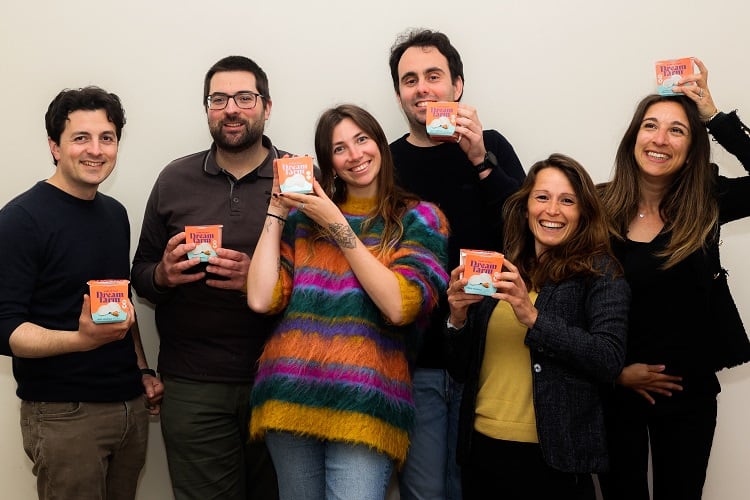
Using almonds, rather that other plant-based proteins, does raise questions around sustainability. While conventional dairy is responsible for greater greenhouse gas emissions than almonds, almond production requires more water than any other dairy alternative.
When asked how Dreamfarm stacks up against dairy and dairy-free alternatives, CEO Menozzi explained that the start-up does not source its almonds from ‘intensive Californian production’, but rather uses ‘Mediterranean almonds that mainly grow with rainwater’.
“We use very few ingredients, avoiding for example coconut oil that is usually the main ingredient for all this in this food category.”
Co-founder Zanoni, too, highlighted that the start-up is ‘pursuing’ sustainability with investments in recyclable or biodegradable packaging.
Next steps
Dreamfarm is now launching onto the Italian market, but wants to be available – from ‘day one’ – to European consumers ‘more used’ to plant-based alternatives.
“We believe early adopters will be people already [following a] plant-based regime, but believe our products could become mainstream, especially when applied to specific recipes such as pizza or sandwiches,” CEO Menozzi told this publication.
The start-up is currently in conversation with some ‘big chains’ to discuss potential partnerships. “They all have great demand for plant-based [cheese alternatives], but until now they have resigned themselves to having mediocre products.”



